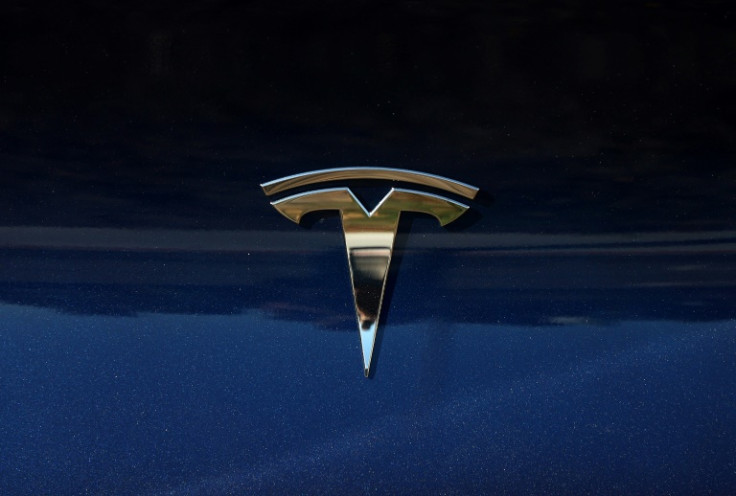Tesla's Stock Hits Low Amid Sales Decline
Tesla, the electric vehicle giant, has encountered its first year-over-year drop in sales since the onset of the pandemic, as heightened competition from both Chinese and Western automakers chips away at demand. The company reported a production of 433,000 vehicles, but deliveries fell short at 387,000 units. This represents not only a decrease from the 484,507 cars delivered in the final quarter of 2023 but also a decline from the sales figure of 422,875 vehicles in the first quarter of the previous year.

As a result of these disappointing figures, Tesla shares plunged by 7% in premarket trading. This decline adds to the woes of investors, as Tesla's market capitalization has already slumped by over $250 billion since the beginning of the year. The electric-car maker's stock took a further hit on Tuesday following the release of its weaker-than-expected first-quarter delivery numbers.
Tesla's deliveries in the first quarter marked an 8.5% decrease compared to the same period last year and a 20% drop from the record set in the final quarter of 2023. Analysts' forecasts had ranged from 425,000 to around 470,000 deliveries, with the actual figure falling short of expectations. Notably, production also experienced a decline of 6.5%, as supply-chain disruptions and factory closures took their toll.
The decline in sales can be attributed in part to production challenges, including the early phase of the production ramp of the updated Model 3 at Tesla's Fremont factory, as well as factory shutdowns resulting from shipping diversions caused by conflicts and incidents such as the Red Sea conflict and an arson attack at Gigafactory Berlin.
Tesla's profitability has also come under scrutiny, with profit margins narrowing to 17.6% in the last quarter of 2023, down from 23.8% in the same period a year earlier. CEO Elon Musk had previously cautioned investors in January that vehicle-delivery growth rates would be lower than those seen in 2023, and that profit margins would only improve with central-bank interest-rate cuts.
The company's challenges extend beyond production and profitability concerns, as weaker-than-expected sales figures in China further weigh on Tesla's aggressive delivery targets. Sales volumes in China fell to their lowest levels in more than a year last month, adding to the overall pressure facing the company.
Investors are now eagerly awaiting Tesla's first-quarter earnings report, scheduled for April 23, which will provide further insight into the company's financial performance and outlook amidst increasing competition and ongoing challenges.
© Copyright IBTimes 2024. All rights reserved.












